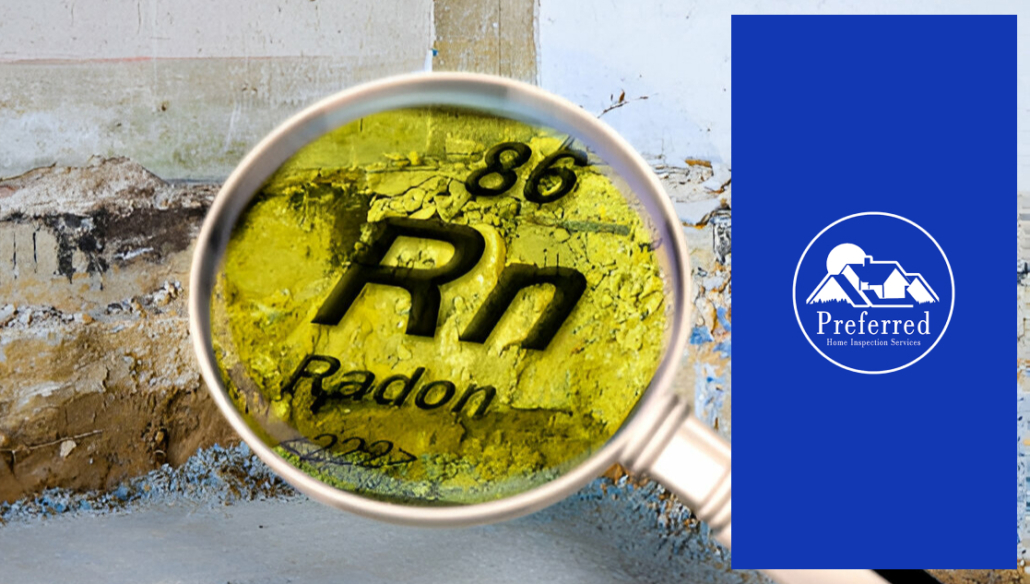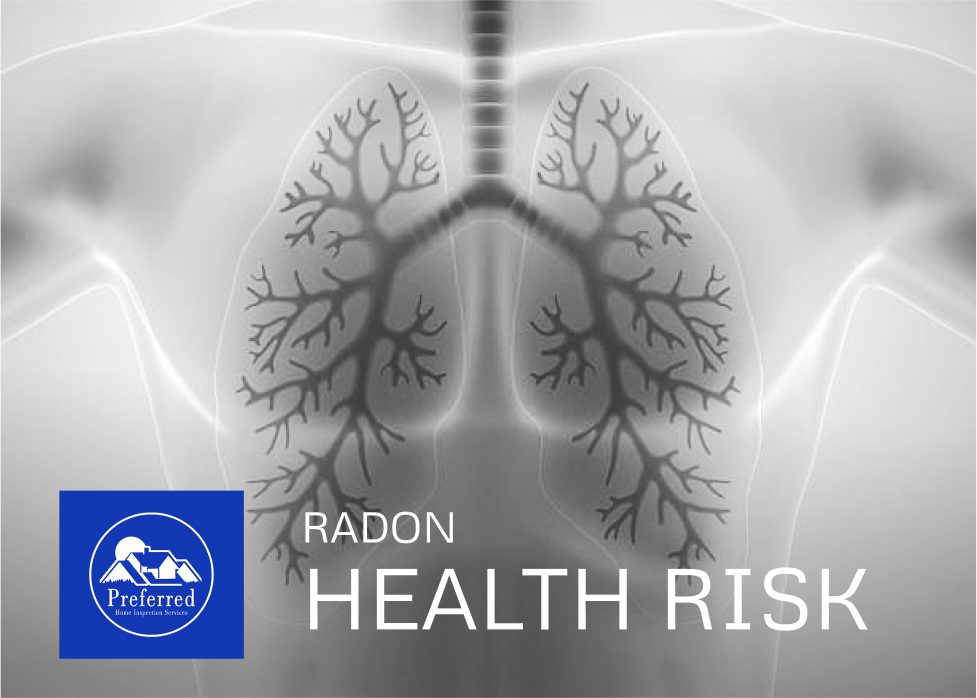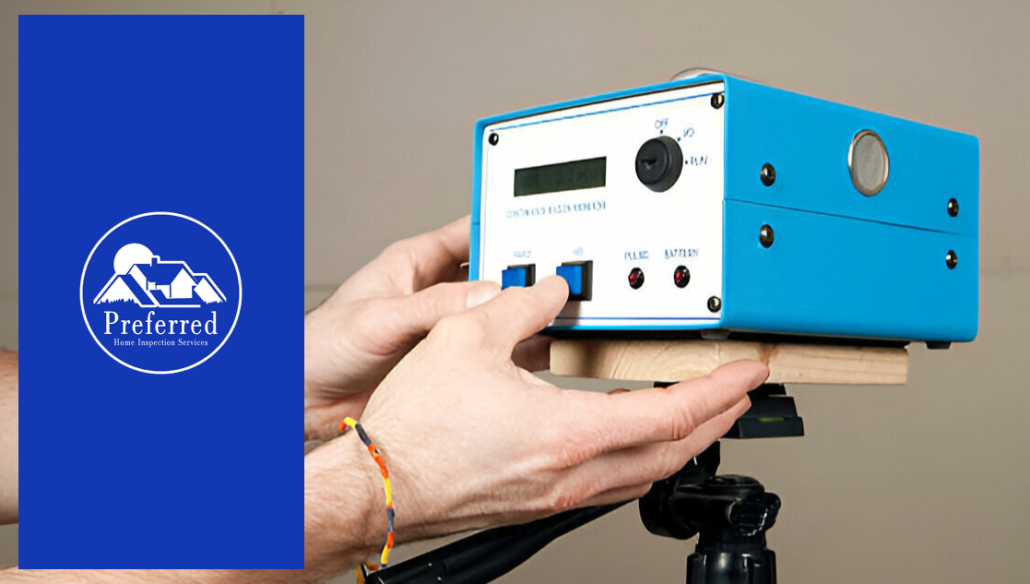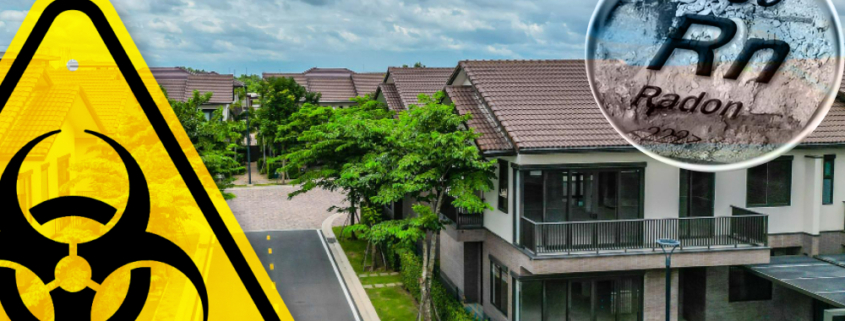The Importance of Radon Testing in Delaware Homes
Radon is an invisible, radioactive gas that poses serious health risks, particularly for those living in Delaware. This gas infiltrates homes through foundation cracks, gaps around pipes, and other entry points, making it undetectable without proper radon testing in Middletown, DE.
Knowing the risks associated with radon and how to address them is crucial for every homeowner in Delaware.
Radon and Its Impact

The U.S. Environmental Protection Agency (EPA) estimates that radon is responsible for about 21,000 lung cancer deaths each year in the United States, highlighting the seriousness of this issue.
Given Delaware’s unique geological makeup, radon exposure is a significant concern for many homeowners in the state.
Why Radon is a Serious Concern in Delaware
According to the Delaware Division of Public Health, approximately one in 15 homes in the state has radon levels above the EPA’s safety threshold of 4 picocuries per liter (pCi/L).
Moreover, Delaware’s cold winters mean that homes are often sealed tightly to conserve heat, which can trap radon inside and lead to higher indoor concentrations.
Homes with basements, especially those in regions with higher uranium content in the soil, are particularly vulnerable. This combination of factors makes it essential for Delaware homeowners to be proactive in testing their homes for radon.
Delaware’s Legal Framework and Your Responsibilities
The Delaware Division of Public Health offers valuable resources for homeowners concerned about radon. They provide information on testing methods, interpreting results, and accessing certified radon mitigation professionals.
The state’s health department also periodically conducts radon awareness campaigns to educate the public on the importance of testing and mitigation.
All of these initiatives often include free or discounted radon test kits for homeowners, making it easier and more affordable to assess radon levels in your home.
Homeowner Responsibilities
If you’re selling your home, you are required by Delaware law to disclose any known radon hazards to potential buyers. This disclosure should include any previous radon test results, whether they showed high levels or not.
Providing this information upfront helps build trust with potential buyers and can prevent complications during the sale process.
For buyers, it’s advisable to request radon testing as part of your home inspection process, even if the seller provides previous test results. Doing so shows that you’re fully aware of any potential risks before finalizing your purchase.
The Health Risks of Radon Exposure

Radon is classified as a Group 1 carcinogen by the World Health Organization (WHO), meaning it is known to cause cancer in humans. While you might not notice any immediate symptoms from radon exposure, long-term exposure significantly increases the risk of developing lung cancer.
Children and the elderly are particularly susceptible to the effects of radon due to their weaker immune systems and prolonged exposure times spent indoors.
Case Studies and Epidemiological Research
Numerous studies have confirmed the link between radon exposure and lung cancer. For instance, a study conducted by the National Cancer Institute found that homes with radon levels at or above 4 pCi/L had a significantly higher incidence of lung cancer.
Another study published in the European Respiratory Journal highlighted the increased lung cancer risk in non-smokers living in homes with high radon levels.
These studies emphasize the importance of regular radon testing, particularly in areas known for high radon levels, such as Delaware.
How to Test for Radon in Your Home

Testing your home for radon is the only way to determine if you’re at risk. This process is straightforward and can be done either by hiring a home inspector or using a DIY test kit.
Choosing the Right Radon Test
When selecting a radon test, choose one that is EPA-approved for accuracy. Short-term test kits are ideal for quick assessments, offering results in 2 to 7 days. These are useful if you need to test your home quickly, such as before buying or selling a property.
Long-term test kits, on the other hand, provide a more comprehensive view of your home’s radon levels over several months, which is useful for understanding seasonal variations in radon levels.
For Delaware homeowners, using both short-term and long-term tests provides the most accurate picture of radon exposure. It’s also important to place the test kit in the lowest occupied level of your home, such as a basement or ground floor, to get the most accurate reading.
If you’re unsure which test is best for your home, a home inspector can provide clarity and ensure accurate results.
Professional Radon Testing Services
While DIY kits are effective, hiring a professional for radon testing is still a smarter investment.
Professionals use advanced equipment that can provide more accurate readings and identify specific areas in your home where radon may be entering. They can also advise on the best mitigation strategies if high radon levels are detected.
Professional testing is particularly recommended for new homebuyers or homeowners who have recently made significant changes to their home’s structure, such as renovations or additions, which could affect radon levels.
Schedule A Radon Test for Your Delaware Home Today
Testing your home for radon is a simple, yet crucial step in protecting your loved ones from a significant health threat.
Contact us today to schedule your radon test and ensure your home is safe from this invisible danger.





Leave a Reply
Want to join the discussion?Feel free to contribute!